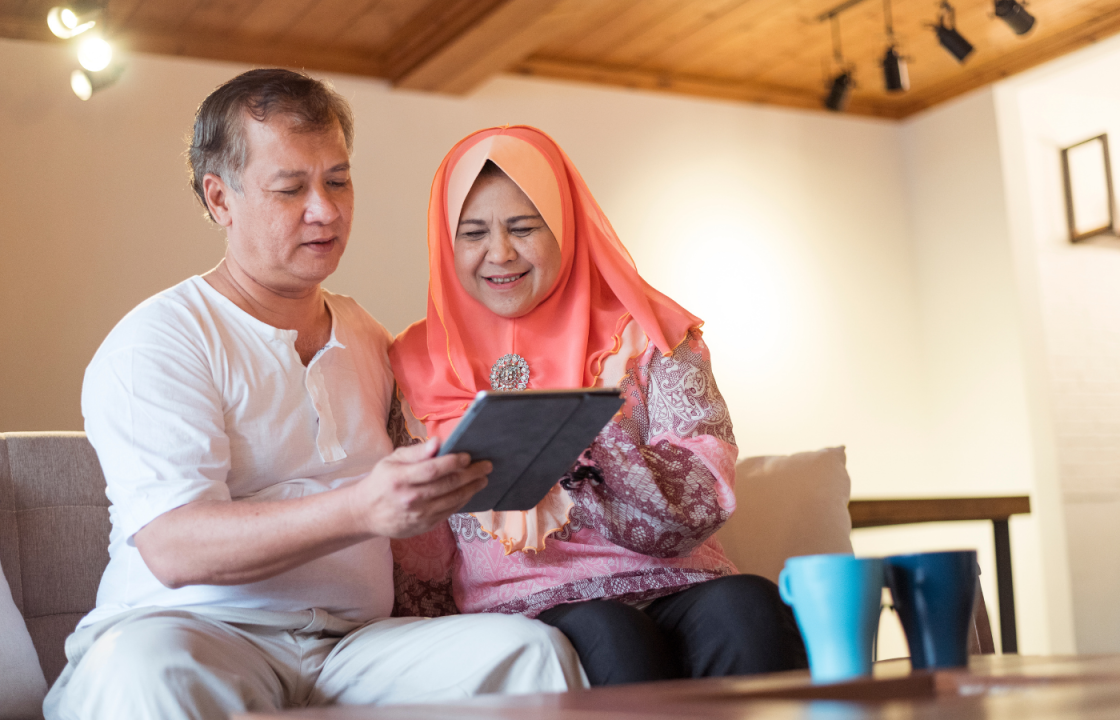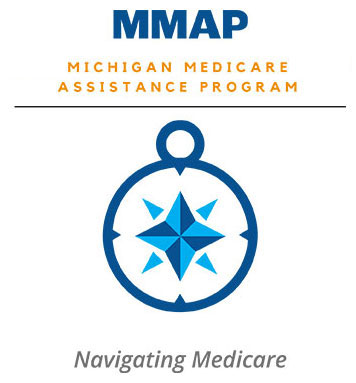As the number of people and communities affected by the COVID-19 pandemic grows, so do the scams associated with it. Scammers use public health emergencies as opportunities for new fraud schemes, and because older adults are at greater risk for serious illness from COVID-19, they may target older populations.
It’s important to remember that although the Centers for Disease Control and Prevention (CDC) and other public health officials may contact you if they believe you may have been exposed to the virus, they will not need to ask you for insurance or financial information.
Scammers rapidly alter their tactics and adapt their schemes to the changing landscape, and we anticipate that they will leverage the COVID-19 vaccine to prey on unsuspecting beneficiaries. Be vigilant and protect yourself from potential fraud concerning COVID-19 vaccines and treatments.
Here are things you need to know about the COVID-19 vaccine:
- You likely will not need to pay anything out-of-pocket to get the vaccine during this public health emergency.
- Medicare will not contact you to confirm your Medicare number or personal information over the phone.
- Medicare has not issued a COVID-19 Medicare card and anyone contacting you about this is attempting to steal your information.
- No one from a vaccine distribution site or health care payer, like a private insurance company, will call you asking for your Medicare number, Social Security number, or your credit card or bank account information to sign you up to get the vaccine.
- Buying a vaccine card or making your own is unauthorized use of an official government agency’s logo or seal, and it is a crime.
The Senior Medicare Patrol (SMP) recommends that Medicare beneficiaries:
- Contact your own doctor if you are experiencing potential symptoms of COVID-19 or would like to receive a COVID-19 vaccine.
- Do not give out your Medicare number, Social Security number, or personal information in response to unsolicited calls, texts, emails, home visits, or booths at health fairs and other public venues. If your personal information is compromised, it may be used in other fraud schemes as well.
- Note that the administration of the COVID-19 vaccine will be billed through Original Medicare, even if you are on a Medicare Advantage Plan. This means you may need to provide your Medicare number when getting the vaccine at public venues where they wouldn’t already have your Medicare number.
- Be suspicious of anyone going door-to-door to offer free coronavirus or COVID-19 testing, supplies, treatments, or vaccines. Though volunteers may be going door-to-door to provide information related to COVID-19 vaccines, be very wary of anyone doing so as bad actors may be impersonating these individuals in an attempt to steal your personal, medical, or financial information.
- Be cautious of COVID-19 survey scams that offer money or gifts in exchange for personal, medical, or financial information.
- Carefully review your Medicare Summary Notice (MSN) or Explanation of Benefits (EOB), looking for errors or claims for products or services that weren’t received.
- Follow the instructions of your state or local government for other actions you should be taking in response to COVID-19.
- Contact your local SMP for help. SMPs empower and assist Medicare beneficiaries, their families, and caregivers to prevent, detect, and report health care fraud, errors, and abuse.
The Senior Medicare Patrol (SMP) is ready to provide you with the information you need to PROTECT yourself from Medicare fraud, errors, and abuse; DETECT potential fraud, errors, and abuse; and REPORT your concerns. SMPs help educate and empower Medicare beneficiaries in the fight against health care fraud. Your SMP can help you with your questions, concerns, or complaints about potential fraud and abuse issues. It also provides information and educational presentations. To locate your local Senior Medicare Patrol, call 1-877-808-2468 or visit www.smpresource.org.

